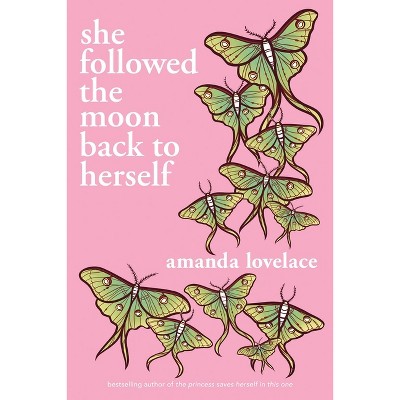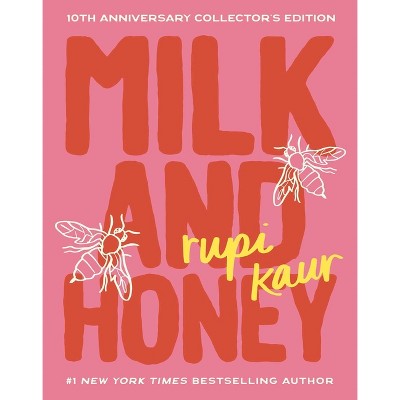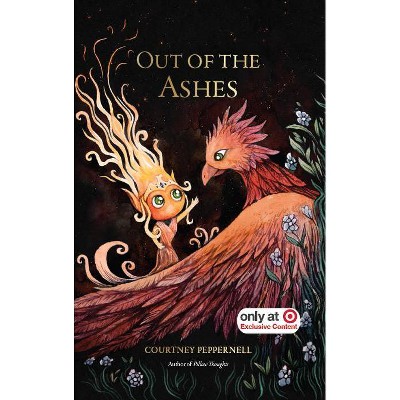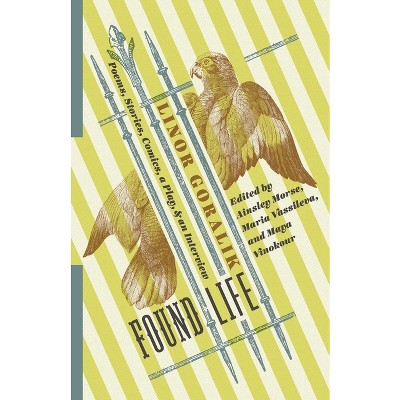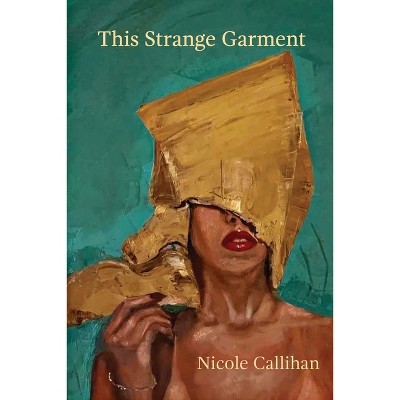Sponsored

Black Holes and Their Feeding Habits - by Kiyoko Reidy (Paperback)
In Stock
Sponsored
About this item
Highlights
- In Kiyoko Reidy's Black Holes and Their Feeding Habits, the poet illuminates worlds that are exquisite, shimmering, made tender by awe and grief.
- Author(s): Kiyoko Reidy
- 108 Pages
- Poetry, American
Description
Book Synopsis
In Kiyoko Reidy's Black Holes and Their Feeding Habits, the poet illuminates worlds that are exquisite, shimmering, made tender by awe and grief. The poems breathe portals into familial care, inherited violence, intergenerational loss, and the natural landscapes within and around us. We encounter "monarch wings resplendent as church windows"; an obaasan laying flowers at a cemetery; oranges "like fist-sized fires alight / in the branches," a bodily desire to be "borderless in the wild dark." In the wisdom of these poems, there lives a keen recognition of the self shape-shifting towards the light. As a reader, I'm spellbound by Reidy's lush attention to textures of care, which teach me to open myself to the world "wildly, marveling at all this abundance."
-Carlina Duan, Alien Miss
Review Quotes
Kiyoko Reidy's uncanny poems retain all the magic found in language, and thus, gorgeously chart a path of care and wisdom that render us less bewildered by the challenges of living. Black Holes and Their Feeding Habits resuscitates my belief in forms to sustain and revive the world in our ears as real as "ripe mango[es] pass[ing] / over the mind's landscape." Reading these poems is like standing by a waterfall listening to the rush of water all around us.
-Major Jackson, Razzle Dazzle: New and Selected Poems 2002-2022
Kiyoko Reidy's poems enact an aspiration of life itself, to be necessary and enduring, both transcendent and ever-present. They reach out to family relations, in particular, a grandmother's legacy, a brother's tragedy. They are elegies for the living, as she suggests in one poem, rehearsals for grief. But as her title implies, black holes are not absences. They are, like these poems, present and alive.
-Mark Jarman, Zeno's Eternity
In Kiyoko Reidy's Black Holes and Their Feeding Habits, the poet illuminates worlds that are exquisite, shimmering, made tender by awe and grief. The poems breathe portals into familial care, inherited violence, intergenerational loss, and the natural landscapes within and around us. We encounter "monarch wings resplendent as church windows"; an obaasan laying flowers at a cemetery; oranges "like fist-sized fires alight / in the branches," a bodily desire to be "borderless in the wild dark." In the wisdom of these poems, there lives a keen recognition of the self shape-shifting towards the light. As a reader, I'm spellbound by Reidy's lush attention to textures of care, which teach me to open myself to the world "wildly, marveling at all this abundance."
-Carlina Duan, Alien Miss
Shipping details
Return details
Frequently bought together


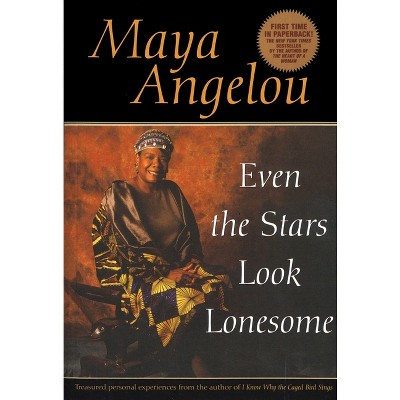
Trending Poetry


